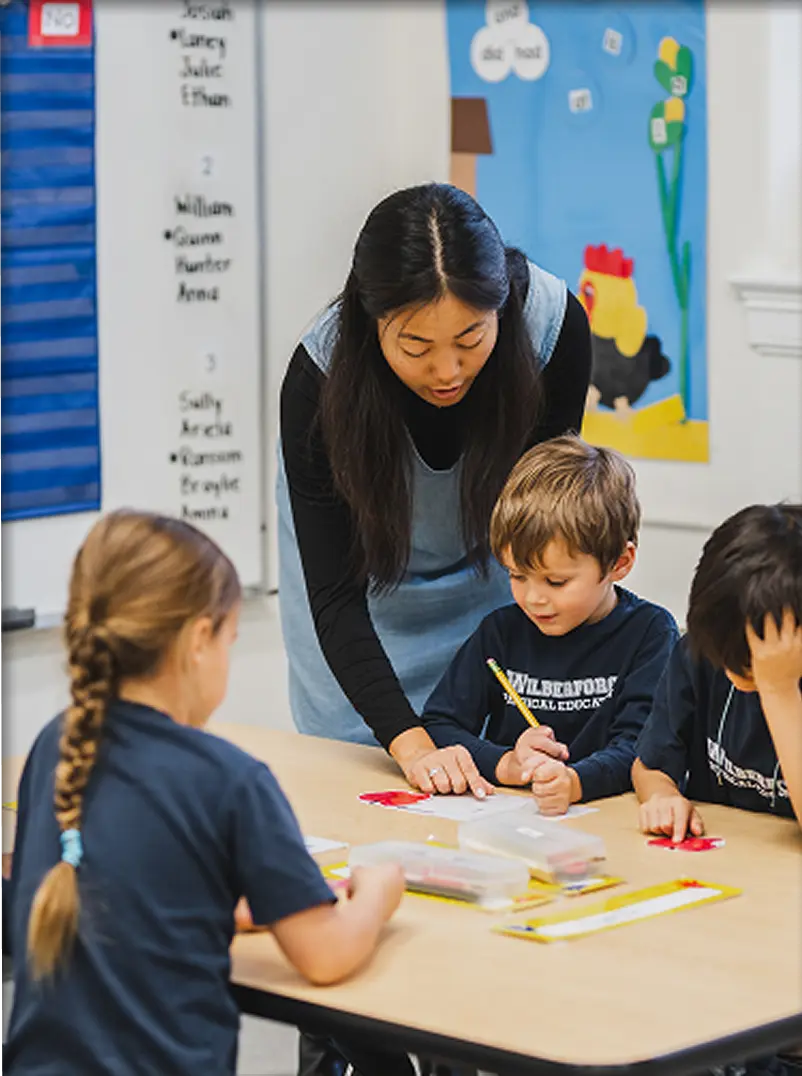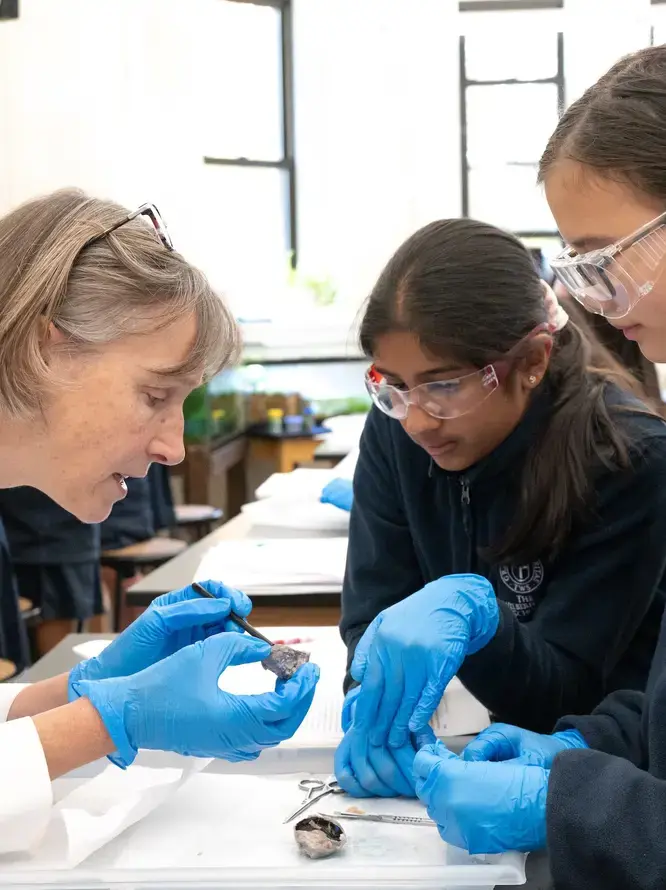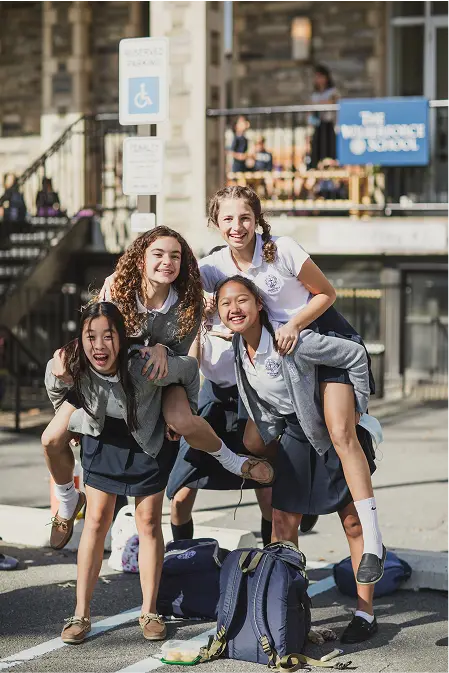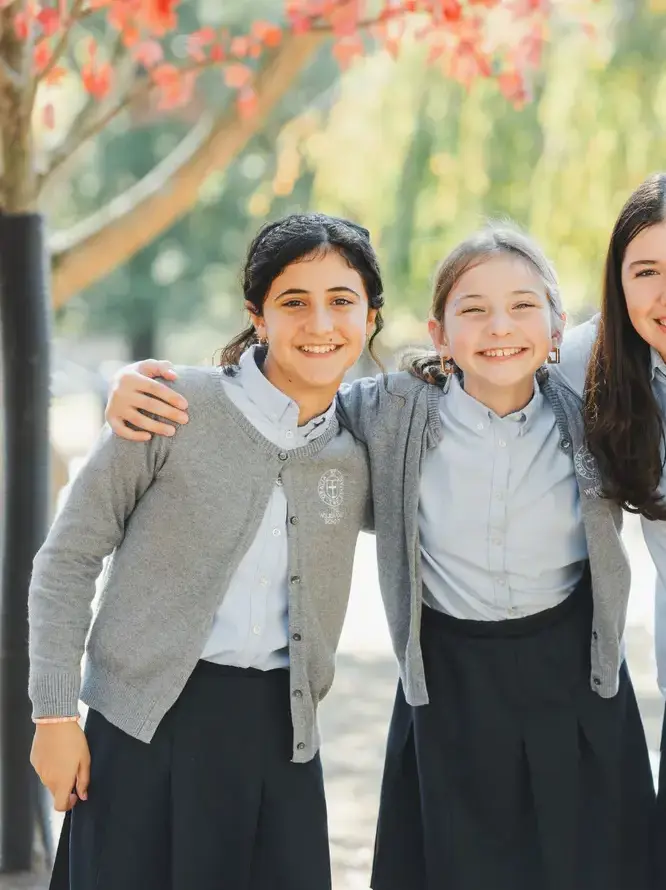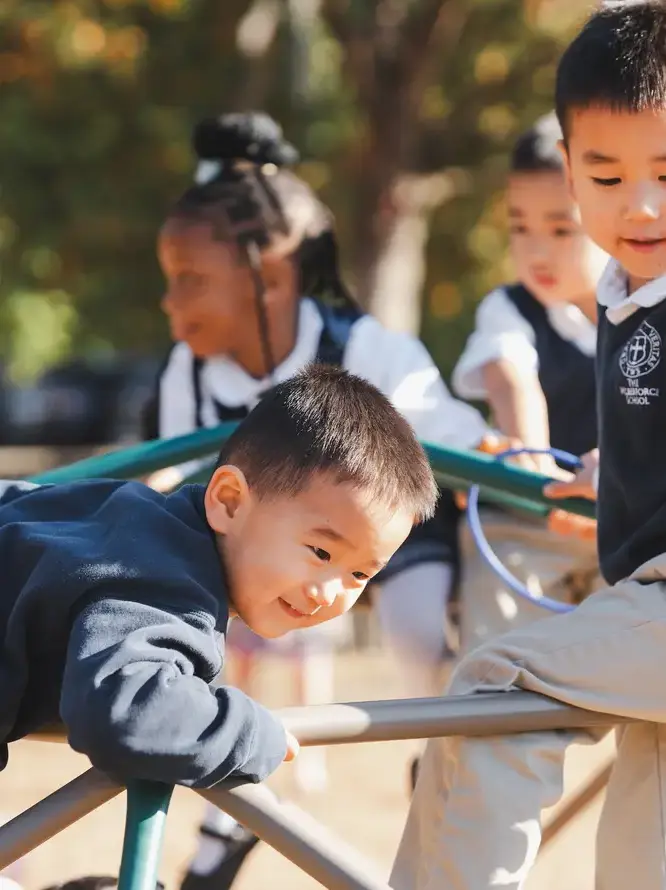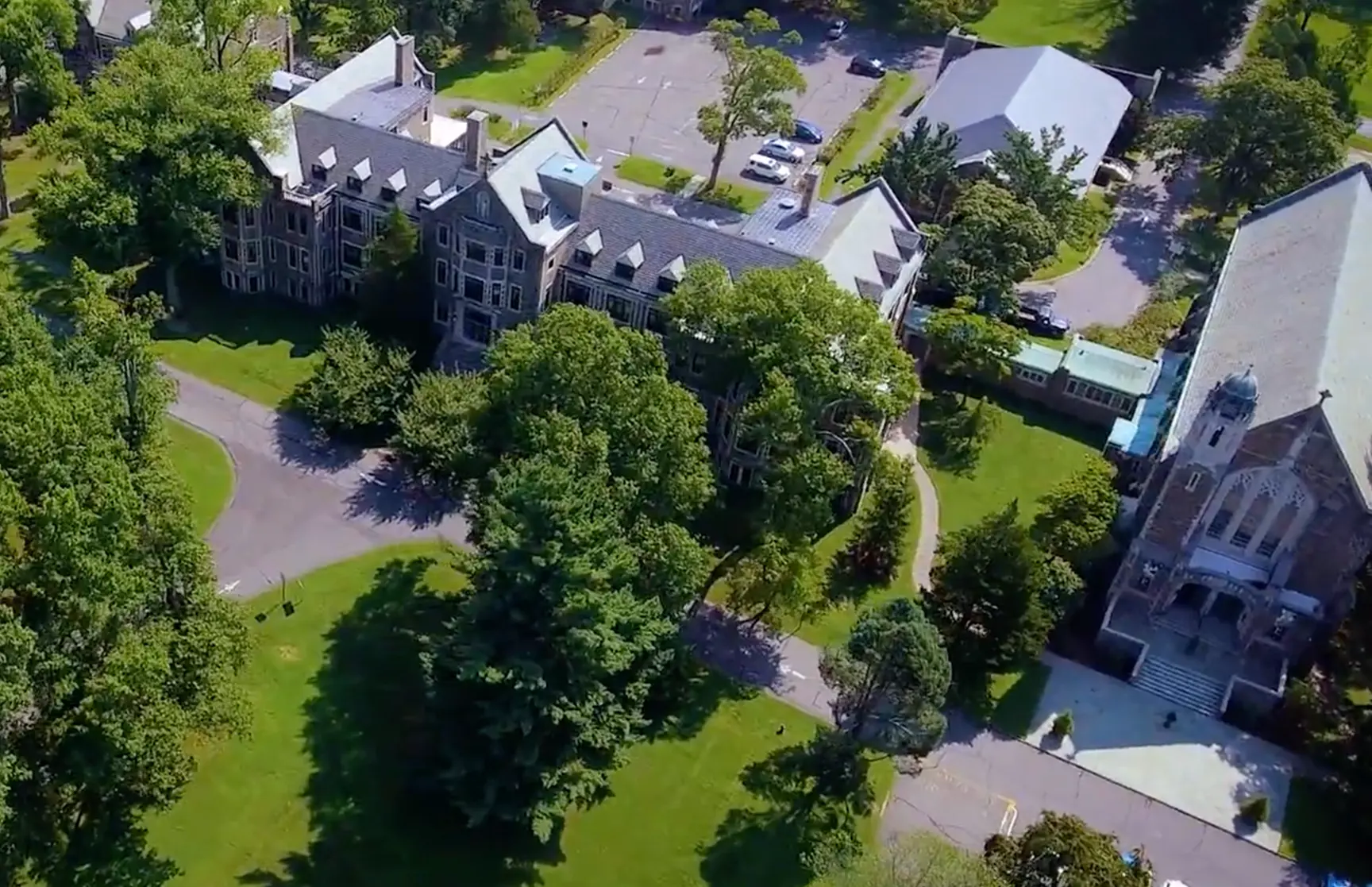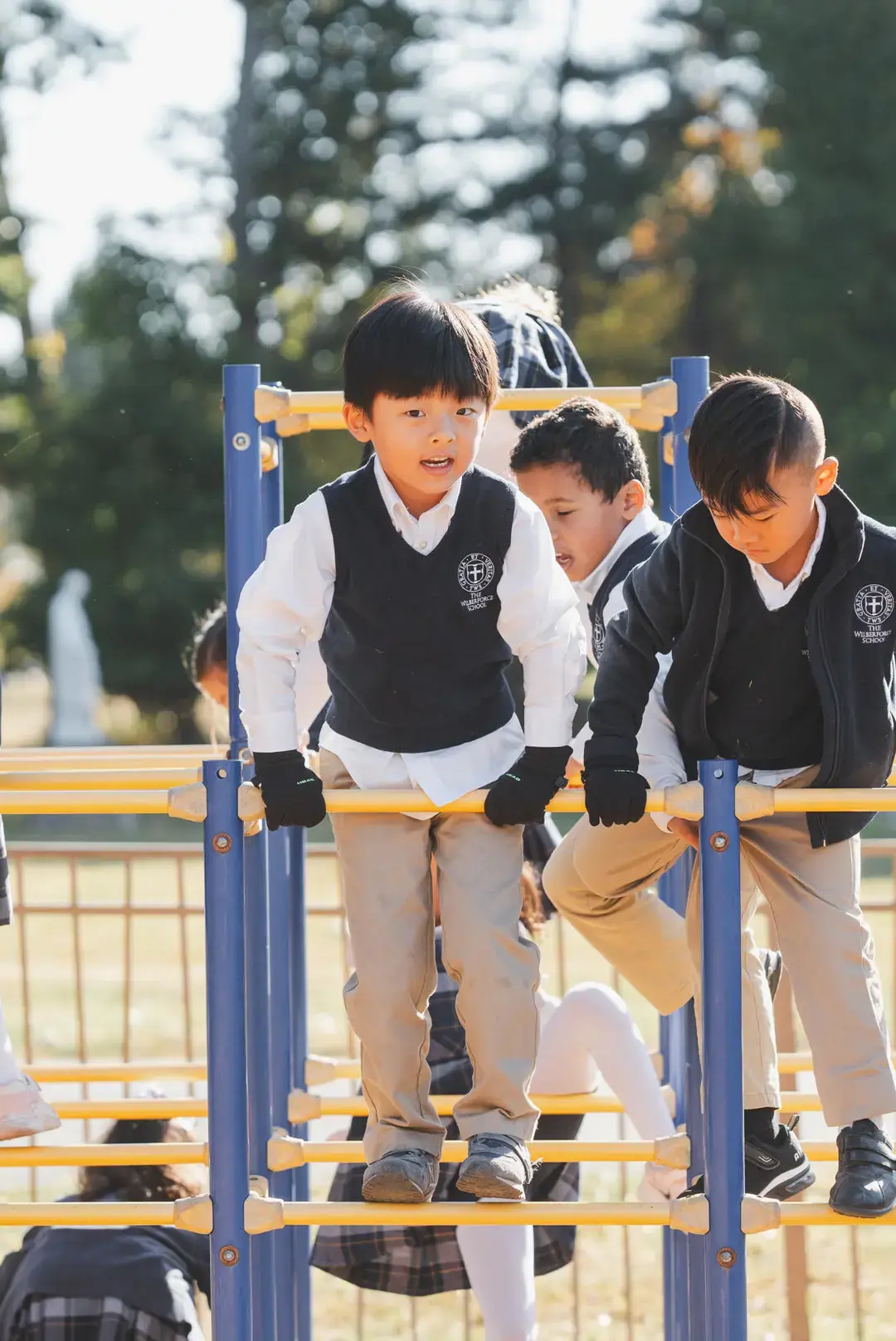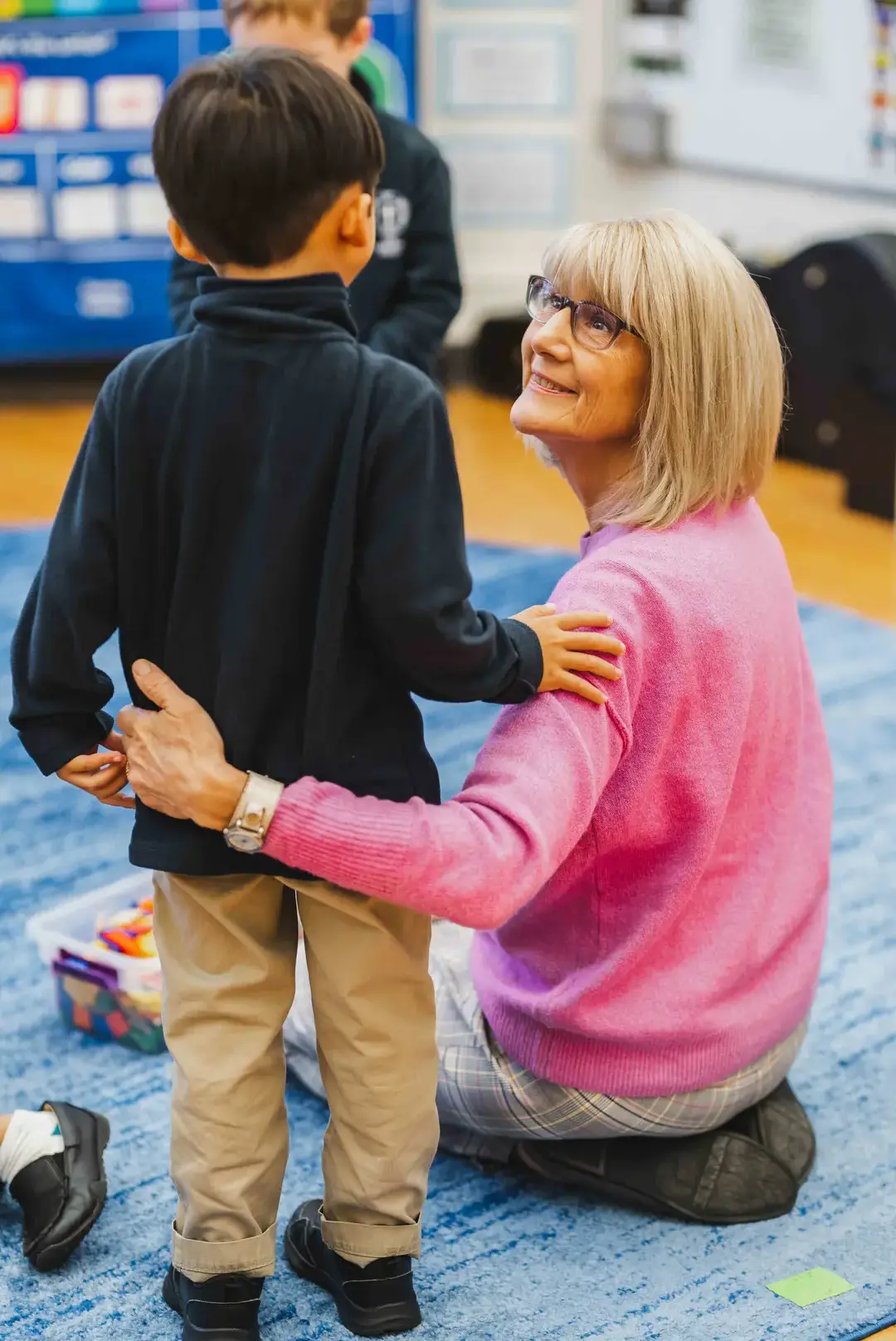EXPLORERS
Pre-K and K
At Wilberforce, our Explorers (Pre-K and K) program integrates experiential and disciplined learning.
We strive to foster a sense of wonder, exploration, and discovery, as emphasized by Charlotte Mason. Our teachers emphasize a love of learning for each child, engaging both the mind and the heart.
We believe that Wilberforce is a distinctive school where the learning environment is enveloped in a classical Christian foundation.
Our youngest students are “Explorers.”
- Explorers One is our Junior Kindergarten program (preschool), and is open to 4 year-olds and 5 year-olds.
- Explorers Two is our Kindergarten program, and is open to 5 year-olds and 6 year-olds.*
Explorers are adventurers on a mission; they are people who examine carefully, investigate, probe, and discover. We believe these young years are years ripe for exploring.
During these essential years prior to entering Class One (first grade), we equip our students for academic success and to introduce them to a lifetime of joyful discovery and rich learning within a context of Christian devotion and worldview. (Half day and full day options for our Explorers students. Learn more.)
| * Please Note |
|---|
| We want each child to thrive at Wilberforce. Each child’s placement decision is made on a case-by-case basis (based on age, testing, and other factors). Students entering Explorers One and Two must turn four or five years old (respectively) before September 1. We pay particularly close attention to children whose dates of birth fall in or near the summer months. Most children benefit by having more time to develop and mature before entering Class One. Being relatively young may not be a critical issue at the Explorers level, but when a child reaches Class One and above, the age disparity can be much more pronounced as these children begin to work at a higher level of academic difficulty alongside classmates who are as much as a year older. |
Academic Objectives
Our goal for our Explorers (preschool) students is that they explore the basic skills and conceptual building blocks that lay the groundwork for Class One. How do we accomplish these objectives?
| Pre-Reading and Early Reading |
|---|
|
Our Explorer students chart unknown regions as they learn to distinguish sounds, identify phonograms, decode words and narrate orally. They investigate stories and learn to predict outcomes, to recognize likenesses, to interpret main ideas, and to sequence events. They participate in other language-eliciting activities, such as narration (telling back a story they have heard), picture studies (orally describing what they see in a painting), and composer studies (hearing classical music and describing what they heard). We encourage students to explore books both inside and outside the classroom. Please visit the Classical Reader for book ideas. |
| Math |
| Explorers discover the basics of number, shape, time, and size. They learn the calendar, days of the week, telling time, along with charting the weather, recognizing less than/greater than, and understanding frequency. These are the building blocks for first grade math. |
| Motor Skills |
Small Motor Skills:Students at this age are developing the basic small muscle control to hold a pencil correctly in order consistently to draw lines, shapes, and letters. Large Motor Skills:For large motor development, Explorers need lots of opportunities to develop their kinesthetic intelligence. They do so through recess, games, movement exercises, and by means of short periods of practicing sitting up straight or lining up and walking in a line. |
| Nature Studies |
| We cultivate a love of scientific discovery early. Each classroom has a nature table that is populated by articles students collect and study. Frequent nature walks lead to discussion, research, and discovery. |
| Other Activities |
| Other activities include read-alouds and literature discussions, specialized art, and music study. As they participate in these activities, Explorers are developing speaking skills, number skills, reading skills, listening skills, visual skills, and physical skills (both small and large motor). In many ways, the “academic expanses” they travel are every bit as challenging as those miles of waves that Columbus braved. |
| Habits |
| We promote our students' acquisition of habits of character within this academic and discovery framework that will help them for years to come both in studies and in life. For example, we model and teach “the habit of attention,” helping our Explorers to listen without interrupting and to follow oral directions after one hearing. We train our students in the habits of courtesy and kindness, teaching them what constitute good classroom manners, encouraging them to gain attention through positive behaviors, and guiding them to work well with others. We instruct in the “habit of orderliness” which involves using property carefully, taking turns, cooperating, and practicing self-control. |
A Rhythmic Progression of Short Lessons
Days are filled with activities, starting with assembly. Students experience recitation, penmanship, mathematics, and phonemic awareness, and discover through nature study, composer study, picture study, and living books study.
A typical day includes a rhythmic progression of short lessons. Whether working on a puzzle, imitating with egg-tempura, the work of the artist Giotto, singing the hymn of the month, collecting specimens as part of a nature walk, or sharing a favorite instrument for show and tell, Explorers have many opportunities to express themselves, practice their diction and enunciation, and revel in the joy of discovery.
Short Days
Since little ones need ample time for play and creativity, we offer short days with limited hours. Explorers One (preschool) students meet on Monday through Thursday mornings; Explorers Two (kindergarten) students meet five mornings a week.
Our school has found that Explorers more than cover their rigorous lessons, with plenty of opportunity to play, dream, and enjoy extended time with family. This balance of rigorous learning with renewal and refreshment is a hallmark of the unique Explorers education at Wilberforce. In addition, Fridays are an optional review day; some parents choose to keep their child home to allow for more unstructured play time during these younger years.
Explorers Bridge
Bridge for Explorers students is offered Monday through Friday, 12:30pm-3pm. At 12:30pm, students eat lunch together. Later, students enjoy play and enrichment activities such as nature walks, reading, music, handwork, and dramatic arts. Students also devote a part of each afternoon to homework activities.
Bridge gives time for students to enjoy some of their favorite scholastic activities in a more informal setting. Students also appreciate having more time to spend in play and in exploration with their classmates.

